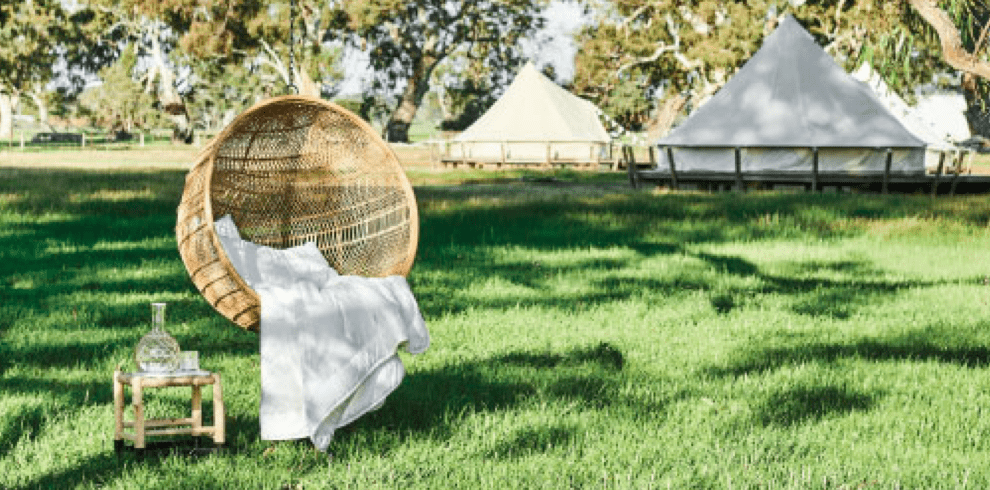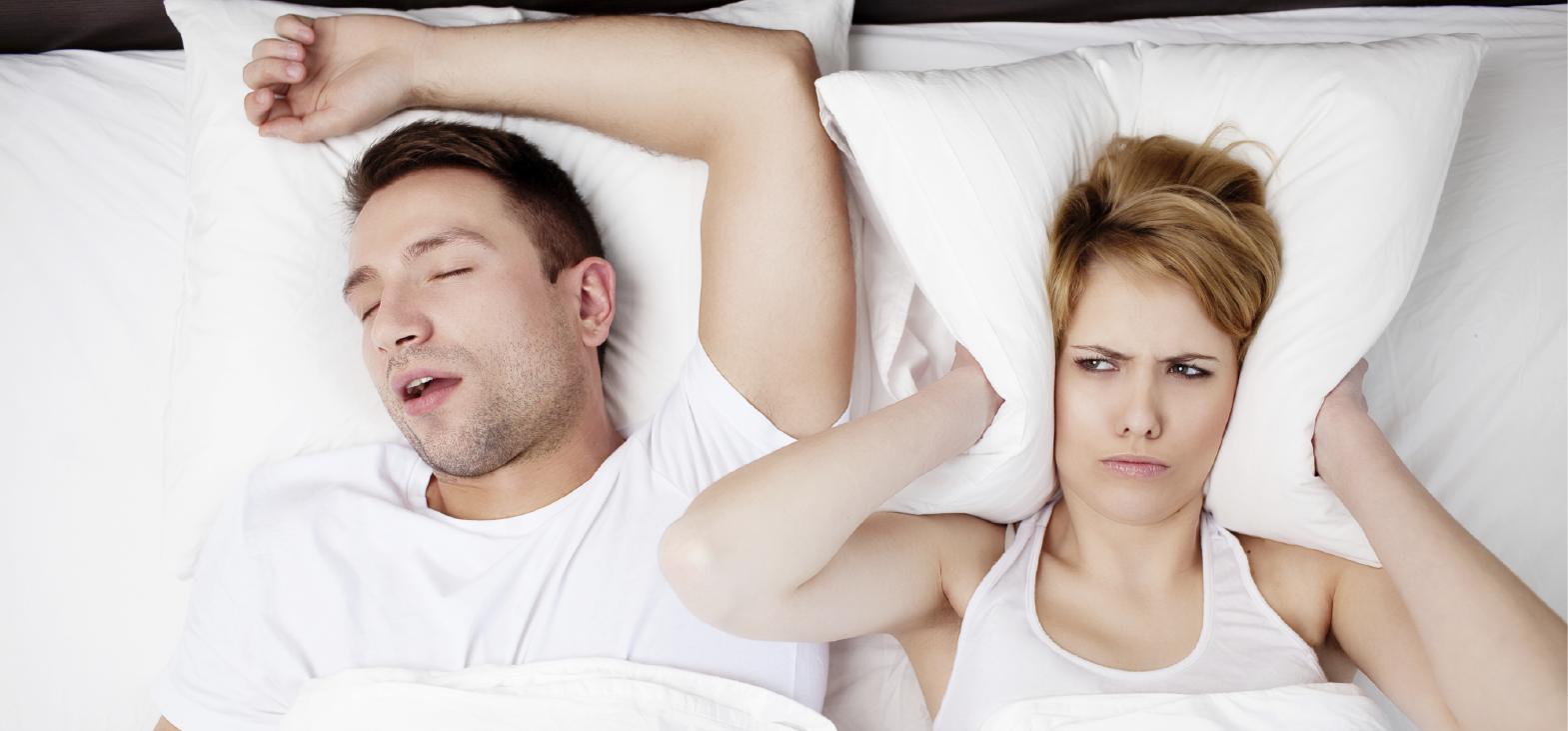Snoring is a very common sleep problem; about 40% of men and 30% of women have at least mild snoring on some nights, with about 15% of people snoring on most nights. People of any age can snore, including children, but most commonly it is middle aged people that snore.
Snoring occurs when the pharynx in the throat right behind the tongue vibrates. This only happens when sleeping as muscles in the throat are relaxed, which makes the pharynx vibrate more easily.
There are several factors that can raise the risk of snoring including:
- Being overweight or obese can mean having more fat around the neck. This will make the throat narrower and it will vibrate more easily.
- Drinking alcohol will relax the muscles in the throat. This will mean more vibration and more sound.
- People who breathe through the mouth are more likely to snore. This is because the walls of the throat at the back of the mouth vibrate easily. Walls at the back of the nose do not vibrate as easily.
- Snoring is almost always worse when sleeping on the back, as it makes the tongue fall directly back and this can get in the way of airflow.
- Allergies, hay fever and smoking can make snoring worse. This is because they make it harder for air to flow in and out.
- Some medications make your throat muscles relax e.g. sleeping tablets, anaesthetic drugs, oral steroids and epilepsy drugs.
- Some people are born with a smaller airway than normal. These people will have a higher chance of snoring.
- Snoring is more likely in pregnancy.
There are a few things you can try to reduce snoring including
- Losing weight if you are overweight. It may help, but thin people can snore, too!
- Cut down or avoid alcohol and other sedatives at bedtime.
- Don't sleep flat on your back, try sleeping on your side.
- If your snoring is made worse because of an allergy, try to avoid whatever sets the allergy off.
If your snoring is disrupting you or your partner's sleep you may need to consult with your doctor for other remedies and to check to ensure you are not suffering from sleep apnea. Many find an orthodontist fitted mouth guard can help as it keeps the airways open. There are many other devices on sale that claim to help prevent snoring. Interestingly the European Patent Office lists more than 2,000 devices to alleviate, treat or prevent snoring, clearly the problem of snoring prevention is not so simple!
Information from Sleep Health Foundation - https://www.sleephealthfoundation.org.au/



